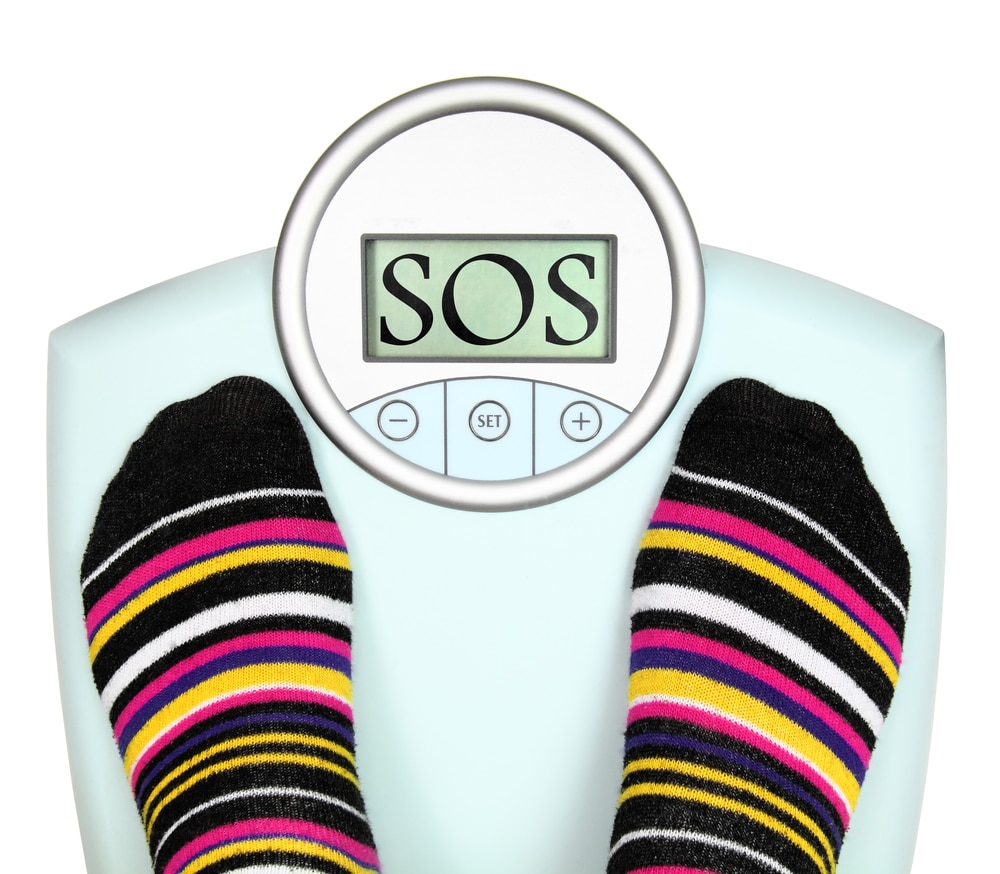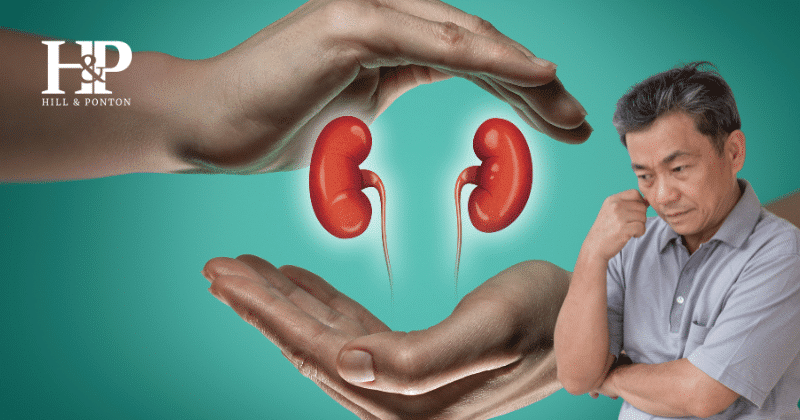Being obese can lead to both a greatly reduced lifespan, as well as a reduction in the quality of life for the sufferer. However, VA does not consider obesity a condition for which service connection can be granted. How then can you get VA disability benefits for health problems associated with obesity?
Is There a VA Rating for Obesity?
For VA benefits purposes, a disability is defined as a disease or injury that results in a veteran’s loss of earning capacity. Once VA grants service connection for a disability, they will assign a disability rating based on the symptoms and the severity of the veteran’s service-connected condition.
Since obesity is not a disease eligible for compensation by VA, service connection cannot be granted either on a direct or secondary basis. VA states that obesity is a condition that happens over time (thus cannot be linked to a specific event that happened during service) and results from multiple factors like environmental, physical and dietary habits.
However, obesity can qualify as an “intermediate step” or a bridge between a service-connected condition and another disease that warrants service connection.
An example of this could be a veteran who has back issues or even migraine headaches that are incapacitating and hinder the veteran’s ability to exercise, which over time can lead to obesity and further health issues.
Using Obesity to Get a VA Rating for a Related Condition
Let’s take the example of the veteran who has a service-connected back condition. Because of the veteran’s service-connected back condition, he is unable to do any strenuous physical activity and is not able to exercise because of his back condition. This inactivity has now resulted in weight gain which in turn resulted in hypertension.
The veteran’s obesity was the result of his service-connected back condition which then led to obesity over time and then caused the veteran to develop hypertension. In this example, obesity can be used as the bridge to try and obtain service connection for hypertension.
Obesity can also lead to other issues such as diabetes mellitus, heart disease, and sleep apnea. Physical and orthopedic conditions are not the only type of disabilities that can cause obesity.
Another example comes from service-connected mental health conditions. For some veterans who are taking medication to help treat their mental health condition, weight gain can sometimes be a side effect of their prescribed medication. Weight gain can also be a side effect of the veteran’s mental health symptoms.
Obesity Secondary to PTSD or Depression
Mental illness often correlates with large fluctuations in weight. Some with depression or anxiety disorders may lose weight, some may gain weight. Research is beginning to show us that those with depressive symptoms experience a greater rate of weight gain than those without depression.
Veterans with mental health conditions often experience loss of energy, diminished pleasure in activities such as sports and exercise, loss of or increased appetite and somatic symptoms such as actual body and joint pain. These symptoms can make it extremely difficult to keep one’s body in shape.
Those with PTSD have been shown to experience a steep increase in BMI after developing PTSD symptoms. Anxiety and stress related disorders have been known to release stress hormones such as cortisol and affect areas of the brain that affect hunger and metabolism.
To complicate it even further, often the drugs used to treat some mental health conditions cause chemical changes in the brain that contribute to obesity.
Getting the Best VA Rating: TDIU for Obesity Secondary to PTSD
When mental health conditions, including PTSD, cause physical conditions that make it impossible to maintain steady employment due to obesity, veterans may qualify for compensation at the 100% disability rate through TDIU – even if their combined rating is lower. Get a free evaluation of your case here.
To qualify, veterans must show that their service-connected PTSD led to obesity, which in turn caused additional disabilities that prevent “substantially gainful” employment. This could include situations where depression and anxiety affect motivation to work, sleep disorders impact alertness and concentration, or physical limitations restrict job options.
Denied or Underrated? We Can Help
If your VA claim has been denied or you feel your rating is too low, you can appeal the decision. Contact us – we specialize in appeals and will point you in the right direction even if we don’t take your case.




